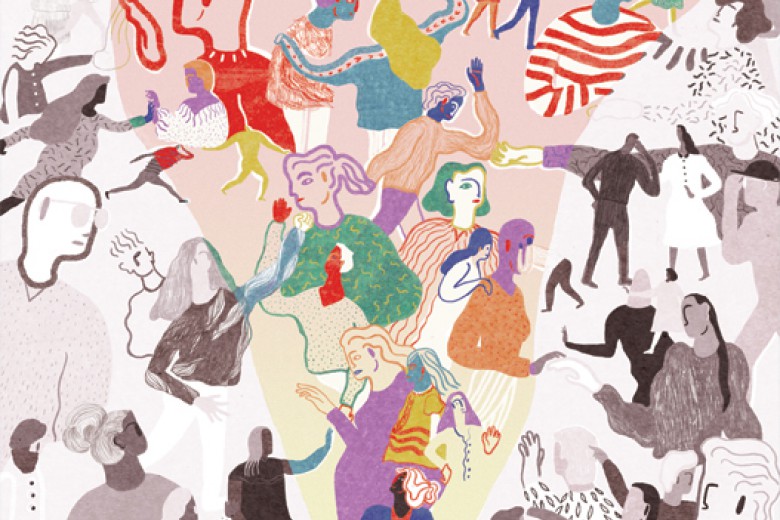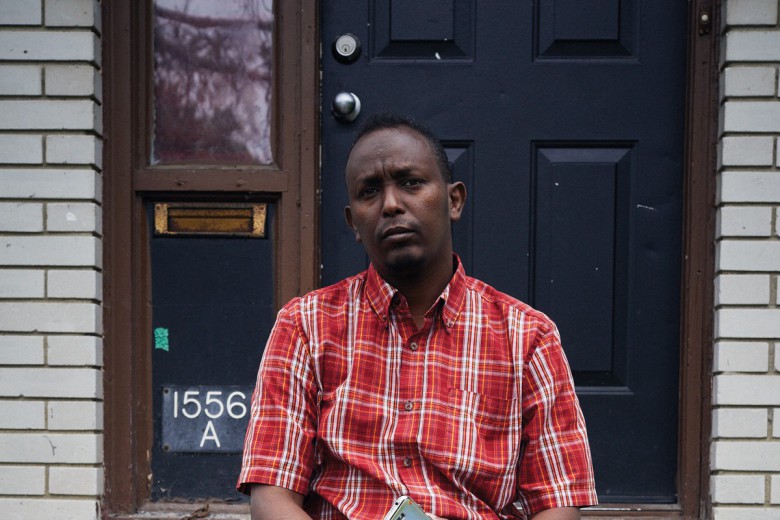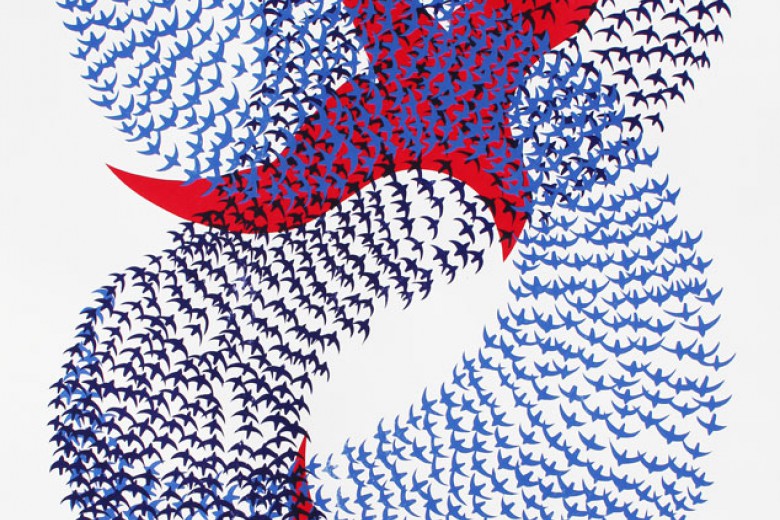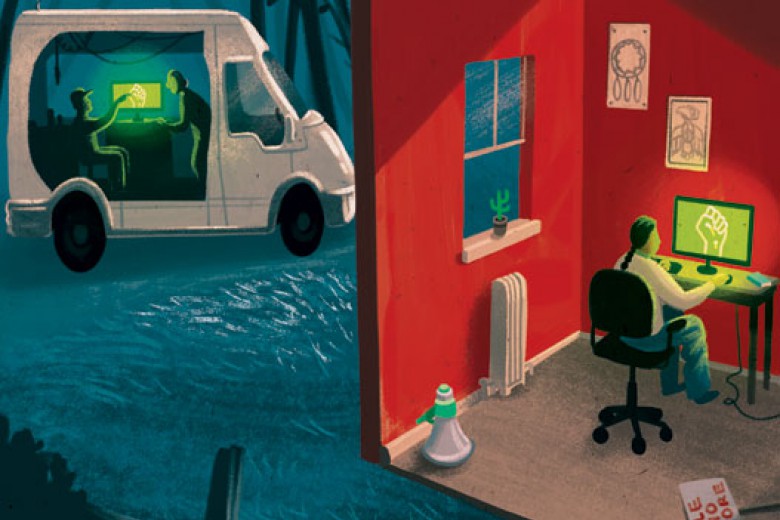For anti-Zionist Jews, particularly white, Ashkenazi ones like myself, it feels like an important duty to bring our community along in understanding the struggle for Palestinian liberation. Yet in my experience, it’s members of my own Jewish community who are among the most virulent and violent in their opposition to my political views. In these conversations, mustering compassion and understanding through my own Zionist upbringing doesn’t (ever) become easy. Below, I talk to three anti-Zionist Jews who have been advocating for Palestinian liberation about what it’s like to show up in Palestinian solidarity work and how they navigate these tensions.
On the panel:
Anna Lippman is a PhD student in sociology at York University. Anna organizes with several groups in Toronto including Showing Up for Racial Justice and Labour for Palestine.
Julia Barnett is a long-time committed Toronto-based socialist-feminist, member of Independent Jewish Voices, and a Palestine and labour activist.
A.J. Batalden is a student, educator, and community organizer. He volunteers his time with the Peretz Centre for Secular Jewish Culture and the Vancouver Tenants Union.
Chelsey Lichtman has been organizing and performing in Toronto for over 20 years, most notably with Queers Against Israeli Apartheid and the Fat Femme Mafia. She currently organizes with Jews Say No to Genocide, a coalition formed in October 2023.
What does it mean for you to show up in your Jewish values and as a Jew while doing Palestinian solidarity work?
Anna Lippman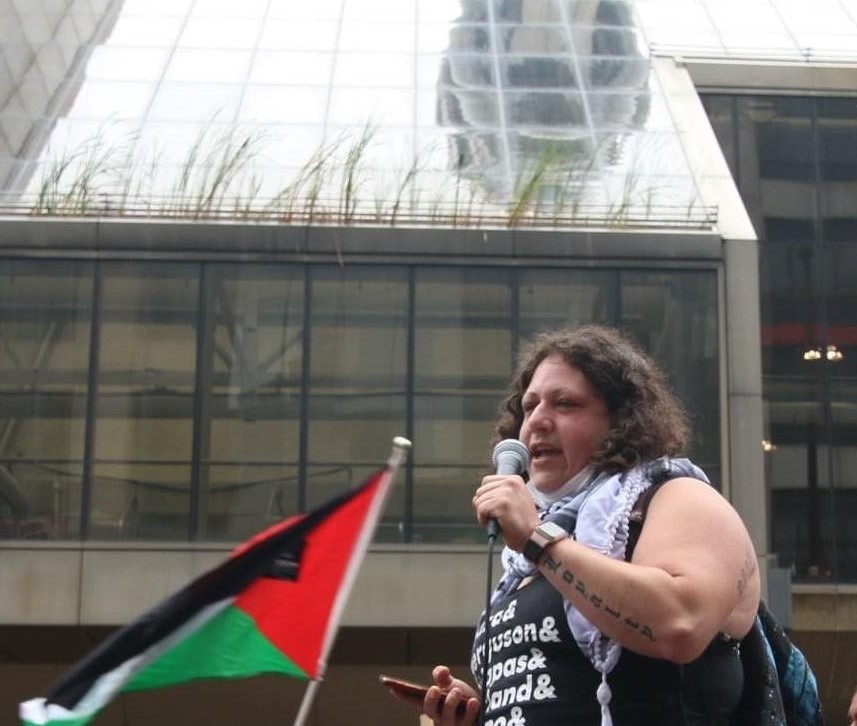
Anna Lippman (AL): I grew up very religious and surrounded by institutional Judaism. I grew up enmeshed in Jewish life and learning Jewish values of tzedek (justice) and tikkun olam (repairing the world). My grandma is also an Auschwitz survivor, so I grew up with a strong sense of social justice and equity. Growing up, I learned about the Jews who fought for U.S. civil rights and to end South African apartheid.
A line from the Torah that always sticks with me in this work is “do not stand idly by the blood of your neighbour.”
For me, it is these lessons of what it means to be Jewish that prompt me to engage in social justice work. Everyone who sees injustice should do something to change it. But for Jews like me, who are having their name and family trauma being used to justify the slaughter of Palestinians, it is an obligation to stand up and say “not in our name.”
I think that the local Jewish community is lacking a space that allows for critical analysis of the actions taken by Israel as a state.
Chelsey Lichtman (CL): During the 12 years of my Jewish elementary school education, I was taught repeatedly that it is an intrinsic Jewish value to help those who are suffering. I learned about the importance of tzedakah (charity) in the form of providing food and money for those without it, and that whatever surplus we had should be shared with those with less. My mother often reminded me that it was a mitzvah (commandment) to help others. Another concept that was instilled in me was that we can never let a genocide happen again because of how the world stood by and let it happen to Jews. It is precisely because of these things I was taught that I am in solidarity with Palestinians. I would be going against my Jewish values if I ignored what is happening in Palestine.
Julia Barnett (JB): Palestinian solidarity for me means taking the teaching and values I was raised with, what it means to be Jewish, and putting that into action. I was taught from a very early age to always oppose fascism, to never forget how I/we as Ashkenazi Jews were targeted by antisemitism, and how my great-grandparents fled from Russia due to the pogroms.
Even prior to October 7, my activism and solidarity existed in the same breath of what it means to never allow genocide to take place again for anyone or in my name, to show the world that the Jewish community is not monolithic.
A.J. Batalden (AJB): I think that the local Jewish community is lacking a space that allows for critical analysis of the actions taken by Israel as a state. This is making it difficult for members of our community to unpack some of the rhetoric that has been used historically in the debate around Zionism, and to complicate the now accepted narratives and histories that tend to be put forward around the place Zionism and Israel have within Jewish communities. Making the space for those kinds of conversations motivated me to run for the board of the Peretz Centre for Secular Jewish Culture in January. Especially now, it is my goal to ensure that there are Jewish spaces in Vancouver where engaging in Palestinian solidarity work does not call into question your welcome or status as a member of the Jewish community.
Sometimes when we show up to protests, it is our own family and friends standing across from us. How do you manage these realities, both in the moment and for your general well-being?
In October, when even the most mildly Zionist organizations were cheering on the bombing of Gaza, I had to leave these places for my own sanity.
AL: I’m a bit lucky in this respect, because my family is not in Toronto. So, while my mom will often hear about my social media posts from her friends, I don’t have to see them at protests. Prior to October, I was still involved with some institutional Jewish spaces in Toronto, while trying not to bring my politics into these spaces. In October, when even the most mildly Zionist organizations were cheering on the bombing of Gaza, I had to leave these places for my own sanity. As I am someone who is very outspoken on Palestine, most people don’t talk to me anymore, which is honestly easier for me. To see former colleagues at counterprotests hurts my heart and makes me angry, but I just try to take some deep breaths and remember that I, too, was once on that side.
Chelsey Lichtman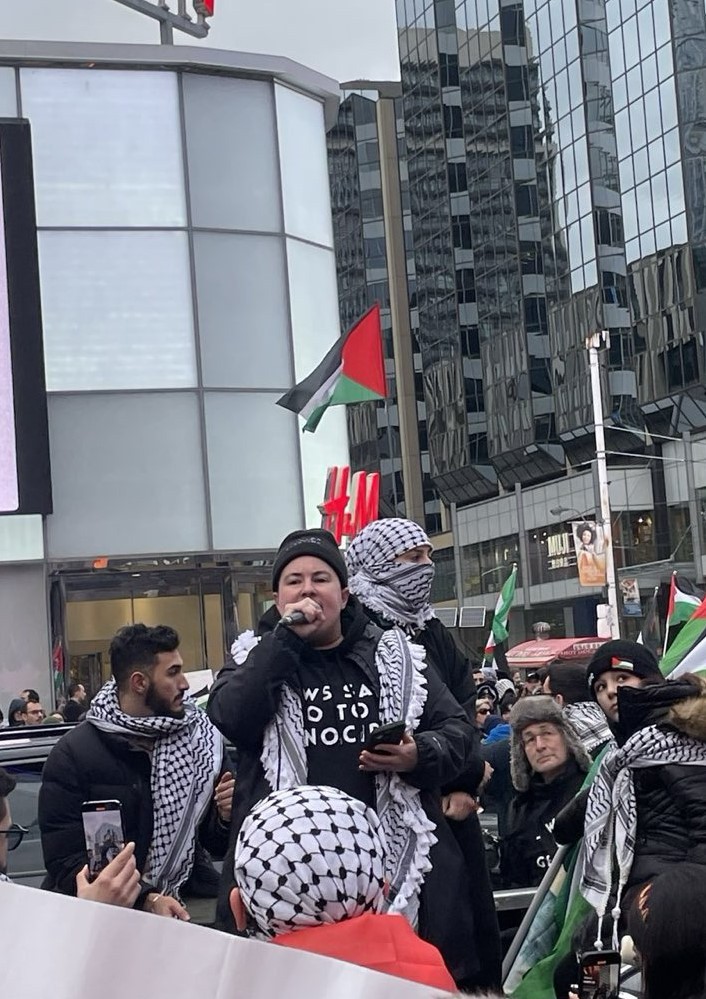
JB: This reality is very difficult for me as it has impacted my relationship with relatives and has impacted my relationship with my own common-law partner. Be it staying silent or siding with Israel in the name of “fighting terrorism” or for support of the hostages, I find this unacceptable while also acknowledging that October 7 was and is painful. I also acknowledge that I have chosen at times to not engage; at other times I have stated my point of view and do not ask or expect [further engagement] in return. I will not be silenced. I’m no longer naive or shocked after having conversations with pro-Israel relatives or hearing what they say, do, or believe. One just has to see the footage of what is happening in Ramallah or of Israeli settlers and the Israeli defense forces destroying aid, homes, and Palestinian land.
AJB: Though I think it is valuable and necessary, protests are not where I put my energy. Instead, I have found myself arguing much more over dinner tables and community meetings than in the streets. Part of that focus is because of my position as an educator within the Jewish community, which generally has kept me from engaging in overtly public displays of Palestinian support.
That’s not to say that I have been silent. When I am confronted by those who stand in opposition to my position, I try my best to offer them the courtesy and understanding that I would to anyone I find myself in disagreement with. It is laborious and does centre those who many would argue should not be centred. Yet I find that so much of the current emotional weight that clouds and blocks the deeper political discussions that we need to be able to have cannot be overcome with specific positions or phrasings, but only abated through the hard work of building trust.
Especially for those who are engaging directly within the Jewish community, I think it’s essential to take time to be in community with those who share your values to recover and avoid feeling overly isolated. Do things with your community members that bring you joy and build [community] further together alongside events and actions that are draining and conflict-laden.
What are some ways you’ve been able to have productive discussions with Zionists in your life?
AL: I try to build on shared values and move from there. I think it also helps to keep it personal. For my family, I try to bring them along by showing them how important this is to me. I send them my writing and I know they’ll only read it because they love me, but maybe they’ll get something out of it.
CL: The most productive conversations I had with Zionists in my life were after I returned from three months in the West Bank in 2009. It was harder for them to ignore my eye-witness, first-hand accounts of the apartheid. It was hard for them to ignore my photos of the Gaza City skyline being bombed. It was impossible for them to protest my photos and video of the checkpoints, and the apartheid wall, and the violence I documented.
More recently, I have had very few productive conversations with Zionists.
JB: I don’t believe I have had productive conversations with Zionists in my life.
AJB: Due to many years of repetition and reinforcement, there has developed a sense of shared Jewish trauma and persecution. That has caused many people to struggle to even consider the possibility of safety as a Jewish person. Often, older – or at least longer-standing – members of the more conservative or establishment Jewish communities have had the idea of Israel and its role as the Jewish state be reinforced, basically since birth, as the one thing that now stands as a pillar of safety for the Jewish community in the event of the next Holocaust or pogrom that may lie in wait just around the corner. To challenge that idea, to them, is to immediately call into question that sense of a safety net and leads them to equate critique of Israel with antisemitism.
There is no continuing from that space. But if you can start from a place of wanting to hear and understand in order to proceed (as much as wanting to be heard and understood), you can remove a great deal of aggression or digression from the conversation about events as they are transpiring now.
How does standing up for Palestinians have any bearing on my Jewishness? What is Jewish about the current actions of Israel?
What advice would you offer other Jewish folks seeking to have these conversations in mainstream Jewish spaces?
AL: People are coming to this with a lot of emotion and are not looking for logical arguments. Questioning Israel and Zionism means questioning the very core of one’s identity for many Jews in Canada. That’s hard. Expect pushback, silencing, anger, and disdain. Find like-minded people and build community. Sometimes that means fighting for change from within, but sometimes that means building alternative spaces.
CL: You will be silenced and/or screamed at. It is very infrequent that Zionists in mainstream Jewish spaces are able to listen to a Jewish anti-Zionist opinion because so often they consider us not real Jews. I think some people are really good at penetrating mainstream Jewish spaces with constructive dialogue and some people aren’t. I think I fall into the latter category.
Julia Barnett 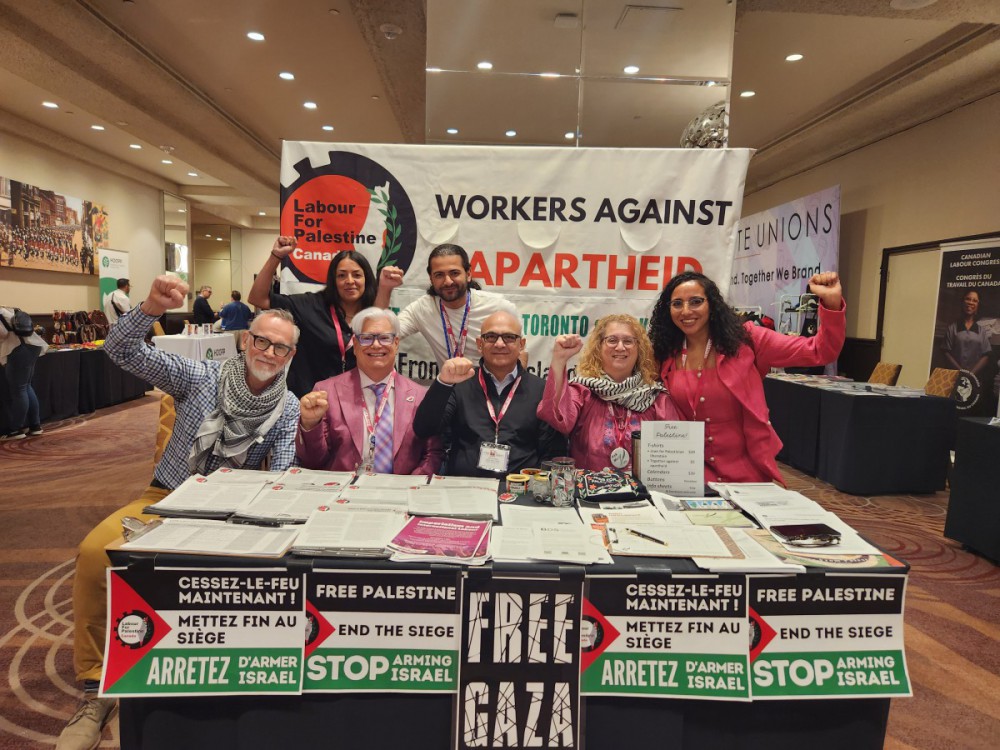
AJB: Try to be patient, keep an eye out for conversational traps, and recognize that there have been years and years of social indoctrination at work here. This has stoked fears to a point that makes this all incredibly difficult to unpack for most members of our community and they will be very easily triggered if and when they and their held beliefs feel threatened. Keep the focus on the central Jewish belief of life being the most important thing. And not just Jewish life, but [all] life. Also, once you get into “right to defend” arguments, I have found asking, “At what point does defence end and offence begin?” will generally pivot the conversation away pretty quickly if needed.
How do you cope when Zionist Jews claim you must not really be Jewish or must be a self-hating Jew if you support Palestinian liberation? What helps you to continue to show up? Any tips you would give other Jewish activists experiencing this?
AL: I try to remember that this is an emotional response to being unwilling to question one’s core identity as a Zionist Jew. I try to remind myself that these slurs are a response to the growing number of Jews questioning their allegiance to Israel. There is no one thing that makes someone Jewish, but I always learned that following the mitzvot (commandments) is integral to living Jewishly. Living our values has never been easy, but few important things ever are. As well, having an alternative Jewish community that shares my values is essential in handling these moments. Nothing reaffirms my Judaism more than engaging in Jewish ritual with those I’ve just protested with.
CL: When this happens, I remind them that they are implying that I am not a real Jew because I am against genocide and killing children en masse, and if that is what makes me a fake Jew, then they are saying their Judaism is about genocide and murder. Most of the Zionist Jews repeat the same lines over and over and it’s become much easier to ignore. I keep continuing to show up because my values that Indigenous people deserve liberation, sovereignty, and dignity on their land keeps me coming back.
JB: If tikkun olam is about repairing the world and it’s a primary goal that all Jews should engage in tikkun olam, then I feel justified and responsible to speak up and speak out against genocide and the state that perpetuates Jewish privilege above [that of] all others. It must be understood that Palestinian equality and Jewish safety [are] unlimited and intertwined. In mainstream Jewish organizations or pro-Israel organizations are self-appointed leaders who have no right to claim or appoint who are real Jews and who are not.
A.J. Batalden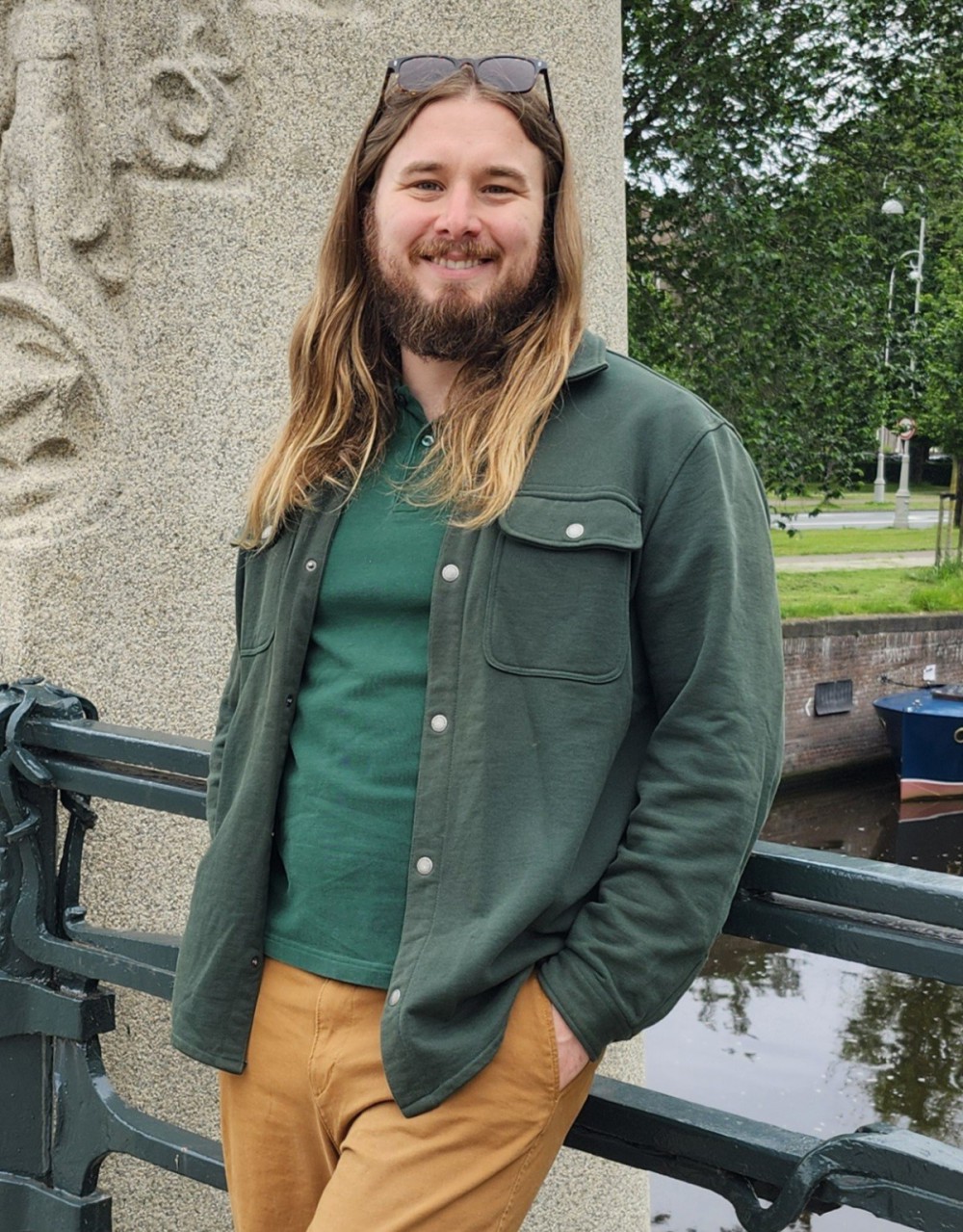
How does standing up for Palestinians have any bearing on my Jewishness?
What is Jewish about the current actions of Israel?
I don’t ask these questions glibly or rhetorically; I give them space and time [to] answer and often will refuse to continue discussion until they do. If they refuse to engage further, walk away if you can. Don’t let them exhaust you and put the burden of thinking solely on your shoulders. Let them sit with the question and get on with your work. Don’t expect change to happen fast, and don’t expect to figure out the right thing to say. In the end, any change they come to, they will need to come to on their own – and there is very little that is as powerful as giving them a question they need to answer for themselves.



